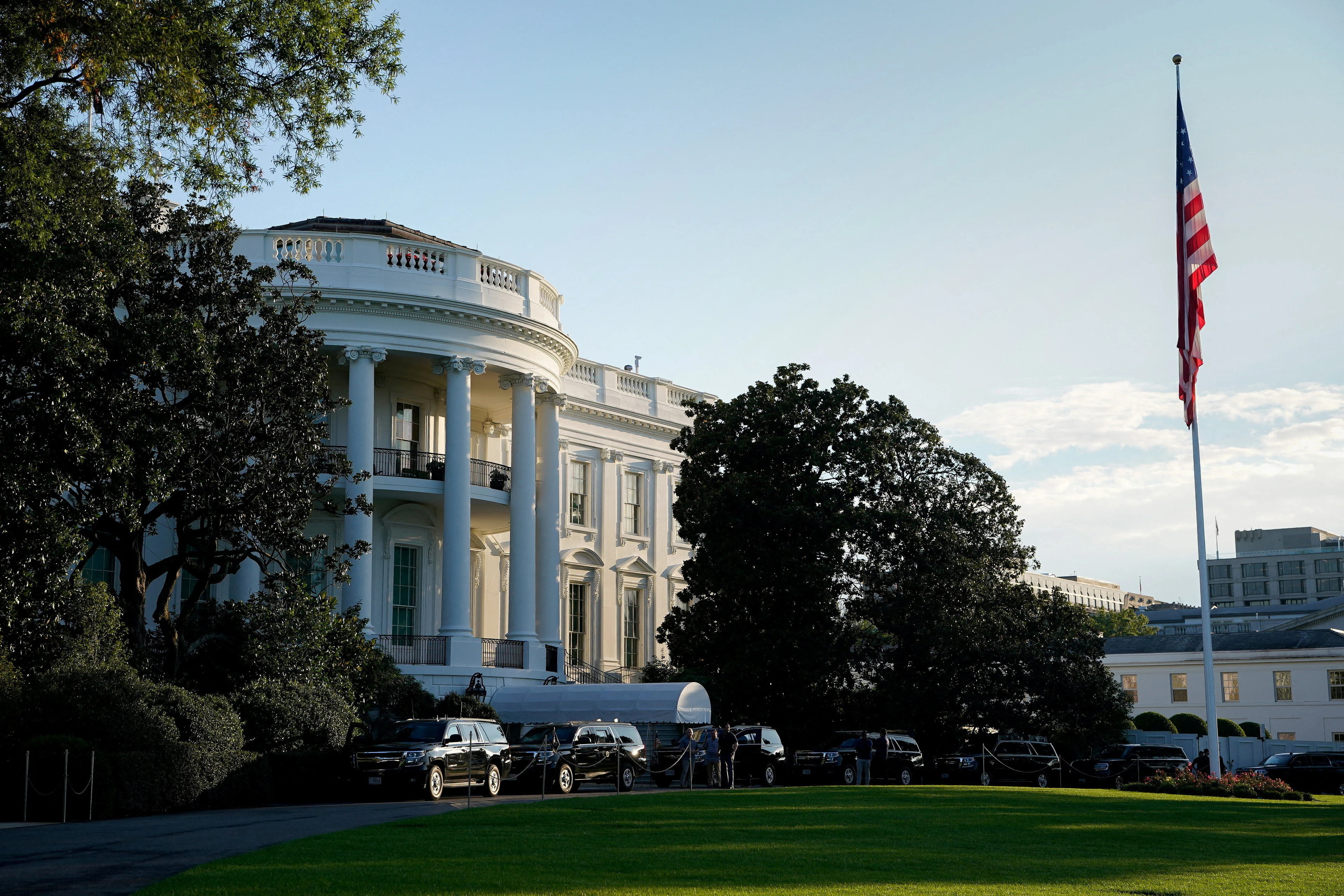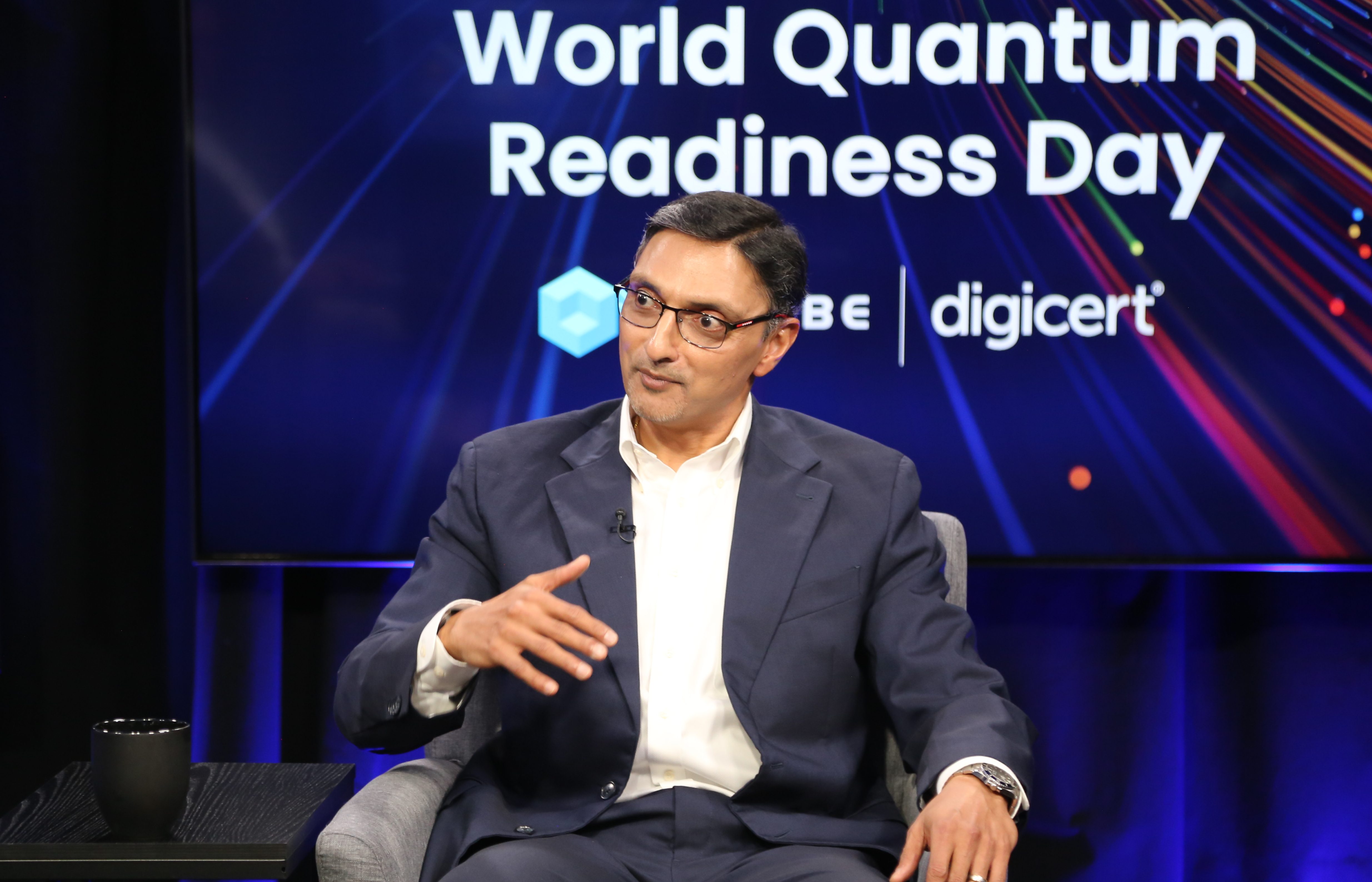By Richard Harris
Copyright scmp

Well before the first Trump administration, US markets dominated because of a free and open economy for trade and ideas, its trusted currency, its focused regulation, a central banking board that set interest rates independent of fickle politicians and the unparalleled breadth and liquidity of its bond and equity markets.
The US economy grew substantially in the 1990s as its young entrepreneurs inspired leading-edge technology and its deep capital markets encouraged global investment. The US markets were dominant in investorsŌĆÖ minds and rightly so. In Hong Kong, we have long looked to see what happened on Wall Street overnight and priced that into our own markets when we woke up. Only periodically did we have big enough local news to move Asian markets on our opening.
The EconomistŌĆÖ database shows the US economy growing at 2.1 per cent over the last year, while Europe is only growing at 1.5 per cent. China and India are tearing along at 5.2 and 7.8 per cent per annum respectively, although these growth rates will fall, as did the West as it developed. However, there is some way to go. The World Bank records the USŌĆÖ gross domestic product per capita at more than US$85,000, compared to over US$43,000 for the European Union, over US$13,000 in China and almost US$2,700 in India.
This performance has tended to reinforce the perception of US exceptionalism; that somehow the US was sustainably better at most things than anywhere else and could buy the rest. There are both aspects of truth and myth to this.
The US has indeed led the world through a phase of economic and technological growth unmatched in the history of the modern world. However, exceptionalism is a phase and rarely lasts. One only has to look at the British, Roman and Mongol empires to see that. Eventually, hubris and pride take over. Other competitors rise to take their place. As the saying goes, ŌĆ£The stone age did not end because the world ran out of stones.ŌĆØ New developments overwhelm the old.
The mighty city state of Venice was a centre of world trade in the 13th and 14th centuries. But eventually, a period of military conflict, economic shifts and protectionism contributed to its decline.
It is fair to say that US economic dominance will not decline any time soon; it is too ingrained. However, the pain of a long, slow decline spurred by poor decision-making based on a self-belief of exceptionalism is a key lesson of history.
US isolationism and a policy of ŌĆ£America firstŌĆØ are politically popular among voters disadvantaged by new technology and competition, but they cut across the open dynamism that grew America. The worldŌĆÖs talent flooded to Silicon Valley to drive the technology boom as it was the best place in the world to learn, work and prosper.
The US benefited by combining the best brains with the best capital. The US move towards isolationism, stemming from a perceived exceptionalism, will put the boot on the other foot. Instead of American isolationism, we may well see the rest of the world isolating America.
Some signs are already in place. The US dollar remains the global reserve currency, but it has fallen from 72 per cent of global foreign exchange reserves in 2000 to 58 per cent last year. The US share of global trade has decreased over time, falling from 15 per cent in 1970 to about 9 per cent in 2019 for goods alone. ChinaŌĆÖs global trade is nearly 17 per cent larger.
The US remains one of the largest cross-border exporters of services in sectors such as law, accounting and auditing, fintech, entertainment, architecture and engineering, advertising, education and consulting. Service exports outpace the trade of goods in both growth and added value, but it worries trading partners when they are aggressively targeted by trade barriers such as tariffs.
TrumpŌĆÖs radical and inconsistent policies render historical trends and analysis obsolete. They put in danger assumptions long held by international investors. The assault on the US Federal ReserveŌĆÖs independence, the targeting of political and legal opponents, attacks on independent media, rapid deregulation and the extent to which industry titans are expected to pay homage to the Trump administration have no historical precedent.
The US dollar was seen to be as good as gold, but foreign investors are repricing US exceptionalism by hedging exposure and buying actual gold. Attention is now focused on fundamental US risks, such as rising public debt, which is expected to worsen due to TrumpŌĆÖs One Big Beautiful Bill and private debt that could rack up amid the billions being raised for artificial intelligence.
That debt might find its way back into the stock and real estate markets, keeping foreign investors interested, but it makes those markets more susceptible to news shocks. US exceptionalism has a fin de si├©cle feel about it.
The US exceptionalism dilemma can be compared to the outcome of last weekŌĆÖs Ryder Cup, a golf tournament held between the US and the European teams. Before the event, American fans in New York might have assumed victory was in their hands. After all, many of the worldŌĆÖs top golfers are American. Yet, Europe eventually won comfortably. In golf, as in economics, pride cometh before a fall.



